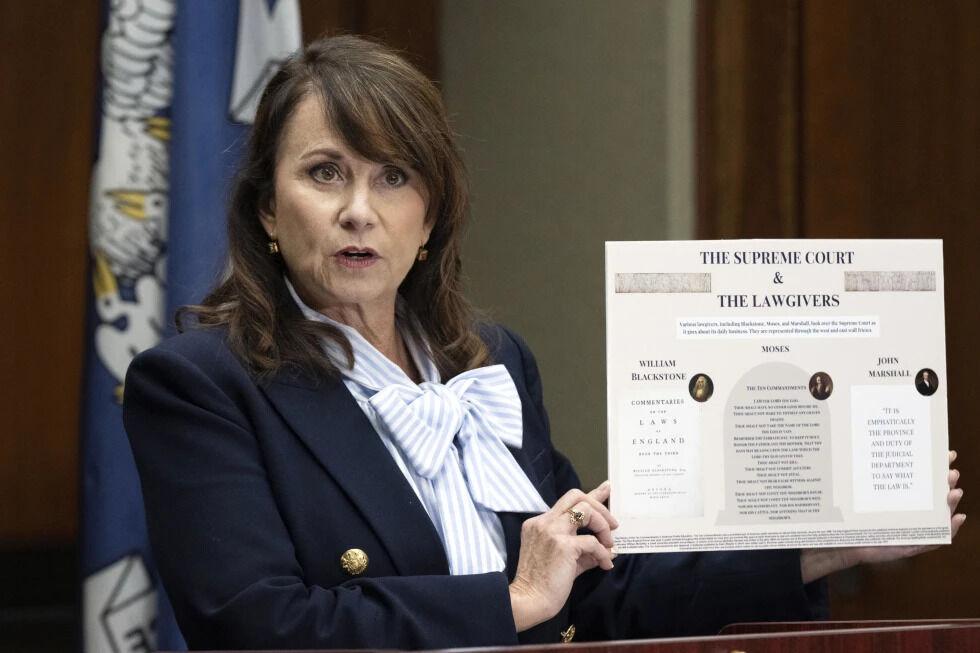Alternative grading option may boost GPAs
Pass/fail evaluation requires students earn at least Cs
By Damiane Ricks, Staff Writer
Students have a secret weapon against low grade point averages that is so secret most do not know they have it.
While there are classes already designated as pass/fail, most students can take regular courses for a pass/fail grade instead of risking making grades that would lower their GPAs.
The University allows students to take as many as 12 undergraduate hours of “unrestricted electives” for pass/fail with the approval of the students’ colleges, said Patricia Beste, associate registrar.
“Different colleges define [unrestricted electives] differently,” she said.
Beste said although the colleges cannot lower the University standard for taking pass/fail courses, they can add more of their own restrictions to them.
The University requires all students have 2.5 GPAs and written permission from their instructors, the chairs of the departments and their colleges’ dean in order to take courses for pass/fail.
However, students can take kinesiology activity courses below 1400 for pass/fail, regardless of their GPAs, in addition to the 12-hour limit. Students may do this only with the instructor’s permission.
All this has to be done by the last day to add classes, Beste said.
Students only can take one course for pass/fail per semester. However, students can take a regular course for pass/fail in the same semester as an already designated pass/fail course.
Graduate students also can take advantage of the option if the course is not a major or minor requirement and they have at least 3.0 GPAs.
But, Beste said the pass/fail option is not an easy way out for all students.
Weaker students usually shy away from taking advantage of this option because a D is the same as an F. Students must do at least C-quality work in order to get a P, Beste said.
Graduate students have to do at least B-quality work in order to get a P.
Beste said students with a high GPA may want to take courses for pass/fail, not because they are afraid of failing the class, but to avoid the pressure of making an A or B to keep their high GPAs.
Carrie Whittington, a physics freshman with TOPS and an ROTC scholarship, agreed.
“I like it,” she said. “It could help you keep your scholarship.”
However, Whittington said there is a downside of only getting a P in a class in which one could otherwise have made an A.
“It would be good because you have a better chance of passing, but if you do bad in another class, you won’t have anything to back it up,” Whittington said.
Beste said she believes college counselors do not heavily promote taking courses for pass/fail because it often negatively affects the student’s effort level.
“Most counselors are out there encouraging [students] to do their best work, and if they take pass/fail classes, they won’t work as hard,” she said.
For this reason, psychology freshman Daniel LeSage said it is good students only can take electives for pass/fail.
“If I only have to do C work [in a core class] to pass, I’m not going to put any effort into it,” he said.
Alternative grading option may boost GPAs
By Damiane Ricks, Staff Writer
November 13, 2002
More to Discover







